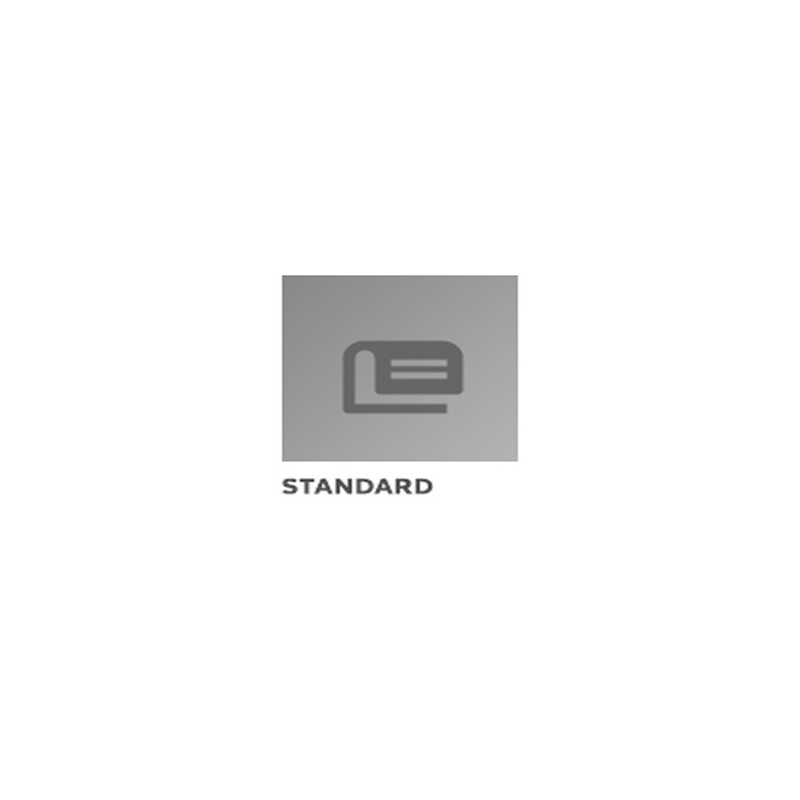Description / Abstract:
This SAE Aerospace Standard (AS) establishes a Generic Open
Architecture (GOA) Framework for application independent
hardware/software systems. This document defines the interface
classes for the GOA Framework. Supplemental documents define the
guidelines for applying the GOA Framework to specific
applications.
Purpose:
The purpose of this document is to provide a framework to
identify interface classes for applying open systems interface
standards to the design of a specific hardware/software system.
This framework is used to define an abstract architecture based on
a generic set of interface points. The generic set of system
interface points facilitate identification of critical
interfaces.
It is intended that the GOA Framework be specialized for varying
domains. A domain specific implementation of the GOA Framework will
increase the chance that components/capabilities produced
independently will "plug and play" and evolve affordably within the
domain. The GOA Framework provides a basis for commonality for both
vendors and users of components/ capabilities. Application of the
GOA Framework will impose constraints on individual domains and
implementations. This will increase the likelihood that
independently produced products will interoperate.
Application of the GOA Framework together with the appropriate
open system interface standards is expected to provide the
following benefits to future programs:
a. Provide the basis for establishing a set of specifications,
standards and procedures that will become common to all elements of
a major system.
b. Ensure that future systems can be upgraded and maintained
with minimal redesign impact to the existing system by establishing
the interfaces required to enable modular replacement of hardware
and software.
c. Promote availability of multiple sources of needed software
and hardware, especially commercial off-the-shelf components.
d. Provide a pool of hardware and software modules for multiple
program commonality and re-use.
e. Insure access to the architecture and its design
documentation for any vendor or agency desiring to propose new uses
and applications, and to facilitate competition to contain cost
growth.


